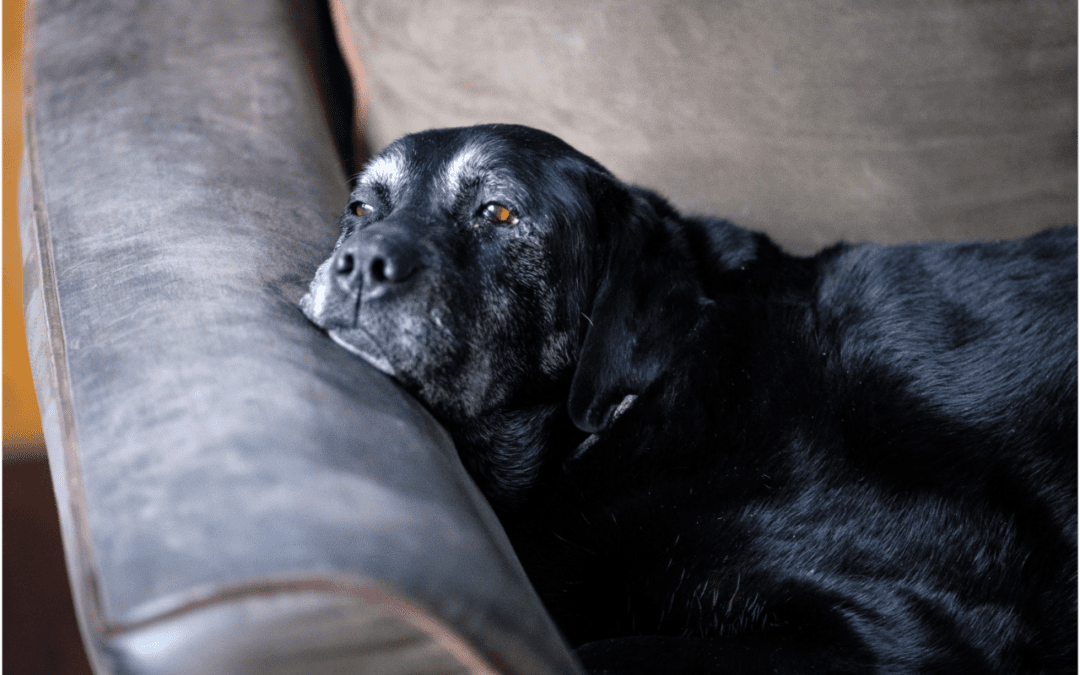Four Steps to Prepare for Your Pet’s Death
Although losing a pet is never easy, getting ready for it might lessen your mental and emotional pain. Here are four suggestions to aid in preparing for and grieving your pet’s inevitable passing.
#1: Evaluate your pet’s quality of life.
Although they can’t communicate with you, your pet can show signs of poor physical and mental health. As your pet ages or suffers from a chronic medical condition, you can evaluate their happiness and quality of life using a quality of life scale. The quality of life scale enables you to assess your pet objectively and can assist in identifying whether they are in pain.
#2: Choose the time to arrange for the euthanasia of your pet.
Even while an unexpected pet death relieves you of the responsibility of determining when—and if—euthanasia is the right course of action, you might wonder if you failed to notice your pet’s sickness. On the other hand, figuring out when to plan euthanasia and when your pet is ready to pass away is never easy. However, keep in mind that few animals die peacefully when they are sleeping, so humane euthanasia might be your final act of devotion to your suffering animal.
#3: Go over how to take care of your pet’s body.
You might not be ready for your pet’s aftercare when it passes away. If you are aware that your pet’s time is running out, talking about how you want to handle their body can help reduce your tension. You can decide to receive your pet’s ashes after cremation, which is a common option. Although it is still not generally available, aquamation is becoming more and more popular as an after-care alternative.
#4: Use grief counseling services to cope with the loss of your pet.
As you grieve, reach out to support groups as well as family and friends. Numerous veterinary schools provide pet loss support hotlines, and a plethora of pet grief organizations on social media may be suitable for your particular scenario. You never have to go through grief by yourself.
Ask our staff for assistance in determining your pet’s quality of life and making arrangements for their eventual death if their health or happiness are deteriorating.

